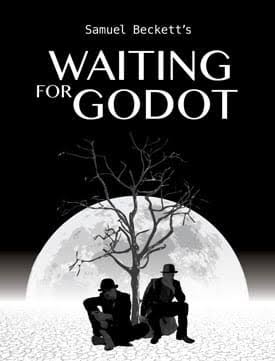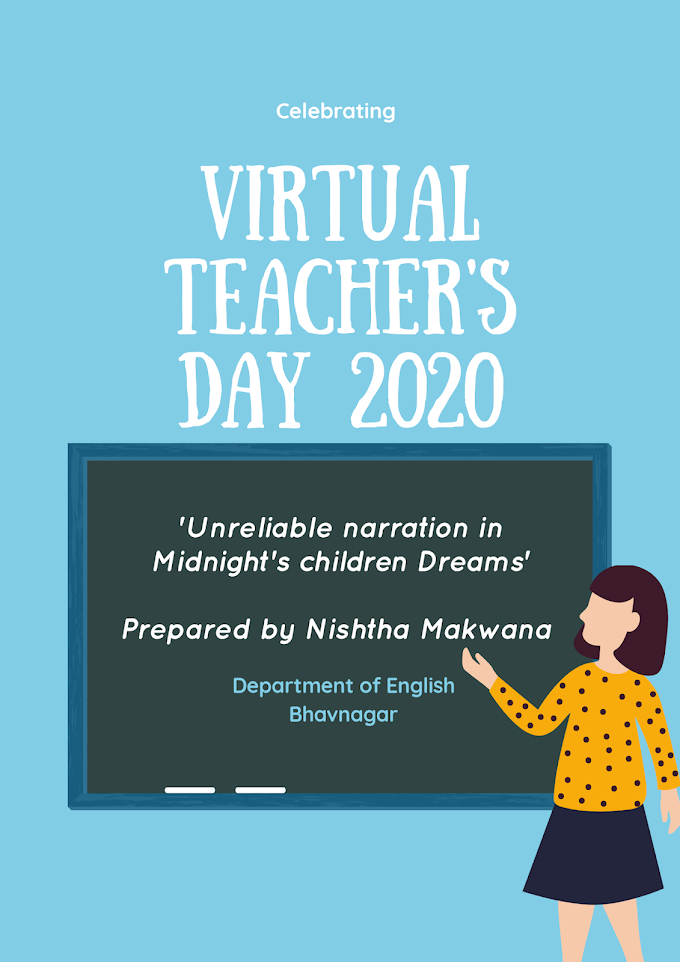1. What is the role of English Language in India according to you with reference to any one essay discussed in the class?
We always give first priority to our mother language, and it has become our first language. After that whichever language we learn, it will be categorized as our second and third language. These categorizations make binary for languages. I will go with the essay of R.K. Singh 'Teaching English : A Plea for Practical Attitude'. English is a global language, it connects the world together(there are countries in the world which don't use English language as such). When we classify it as a second or third language, our attitude towards a language changes.
2. What kind of challenges I found while learning English Language :
I'm a student from Gujarati medium, so to transform from Gujarati to English was quite difficult for me. And I have not the proper background also. The professors from my college also taught in Gujarati and English language. To learn English is not as hard as I thought. We just have to put it into our day to day life. I started learning English by translating sentences, then I realized that I'm learning to translate. And my aim was to learn a language not translate a language. Well translation was a good idea, but through this one can not learn a language perfectly.
3. Reflection regarding the classroom activities.
Activity 1
Translation of sentences
In this activity we had four sentences in Gujarati and Hindi language, and we were instructed to translate those sentences in English language. Here are the sentences…
Sentences and Translation :
~ अहमद रोज सुबह अखबार पढ़ता है।
Ahmed reads the newspaper every morning.
~ આવ રે વરસાદ
ઢેબરીયો પરસાદ
ઉની ઉની રોટલી ને
કારેલા નું શાક
I'm not able to translate this gujarati sentence
~ हाथ में चूड़ा, माथे पे सिंदूर लगता है भारत से आई है।
Bangle in hand, the vermilion on the forehead seems to have come from India.
~ માડી તારું કંકુ ખર્યું ને સુરજ ઊગ્યો
Mother your vermilion fell and sun rose.
Challenges which I faced :
This particular activity is designed to make aware the learners of the cultural context behind the language. When we learn any particular language which is not our mother language, then we try to first translate it into our mother language. But when we translate any sentence in another language then we lose the sense and taste of that particular sentence.
When I was translating these sentences I took help from a dictionary to find English words. But there are many words which can not be translated. With the help of a dictionary, I couldn't find the words. There are many things which are connected with geography and culture, and we can not translate it in another language. I translated આવ રે વરસાદ in English as 'Rain come' (This is so funny) now how we can translate 'રે' in English? And if we translate it, we will not find it's real sense or meaning.
Activity 2
Introducing Word
In this activity we were instructed to pick up any word, choose the age group of the students and then with the help of different kinds of methods we had to introduce a word. Here is my lesson plan..
Word : Fall Down
Age group : Primary students
Methods :
The first method which I selected was to explain the word to the students. So by explaining they can learn.
The second method was to introduce a word by showing a picture. As we know children grab visuals rather than words.
The third method was to introduce the word fall down by showing a video related to it.
The fourth method was to introduce this word by doing action.
Challenges which I faced :
When we plan any particular lesson, first we have to keep in mind the age group of the students. Perhaps they might not be understood by any methods which I have given. So I have to find many more methods, and it was the challenge. It was quite an interesting activity.
Activity 3
Choose a profession
In this activity we were instructed to choose any profession and write at least ten things which that profession requires. I chose the profession of a Painter.
I'm a Painter and I need..
Canvas
Pencil
Eraser
Masonite
Paint pail – to mix paint and carry it to the worksite
Putty knife – to scrape away loose paint, or to apply filler
Broad putty knife – to fill in and smooth patching compounds in plaster and wallboard
Glazing compound – to replace cracked, broken, or missing panes of glass
Spackling paste – to fill nail holes and small imperfections in walls
Long-handled brush – to clean large exterior surfaces
Scrub brush – to remove mildew and dirt
Challenges :
First I chose the profession of a Doctor. But hardly I found 5 instruments which a doctor needs. Then I chose the profession of Journalist, advocate and was not able to find ten things. So this at the end I chose the simplest one, the profession of a painter. This process itself shows how difficult it was to find the glossary about any profession.
Activity 4
Lesson Plan
In this activity we were instructed to choose any one topic, plan a lesson (how will we teach that topic) and what will be our objectives.
Topic : Formal Letter Writing
Students : From 10th to 12th Standard
My Lesson Plan :
First I will ask them about informal letters writing (what they understand by informal writing). When the idea about informal letter writing becomes clear then I will introduce a traditional way as well as a new way of letter writing and will explain the difference between both informal and formal writing.
Then I will teach them the format line by line and give some examples of formal letters. Will Introduce some of key words which they can use in formal writing for example Respect Sir/Madam. When they clearly understand the format then I will give them a task to write a formal letter to each other and to me also. And not only handwritten but also by using digital devices.
Objectives :
Enable them to write effective formal letters
Developed written communication skills in English
Make them aware of the need for grammar, punctuation and clarity in formal letters, it will also be helpful to them to improve English language.
Make them aware of the importance of formal letters writing in any field and at any stage. For example..
On our resume
In our cover letter
In Job interview
In our Thank You Letter
In Emails
In presentation and Reports
So, these are the objectives of my lesson or topic.
Challenges Which I faced:
The first challenge was to plan this lesson. Because first we have to know the learning ability of our students. Whenever we plan a lesson the first question that comes to our mind is 'Will they learn fully through this method?' And if they don't understand then we should come up with another plan.
4. How do you see your future with the English Language?
First I want to learn English language perfectly, I want to speak fluently in English language. Want to know more about this language. And then want to teach English to none English speakers or students.









0 Comments